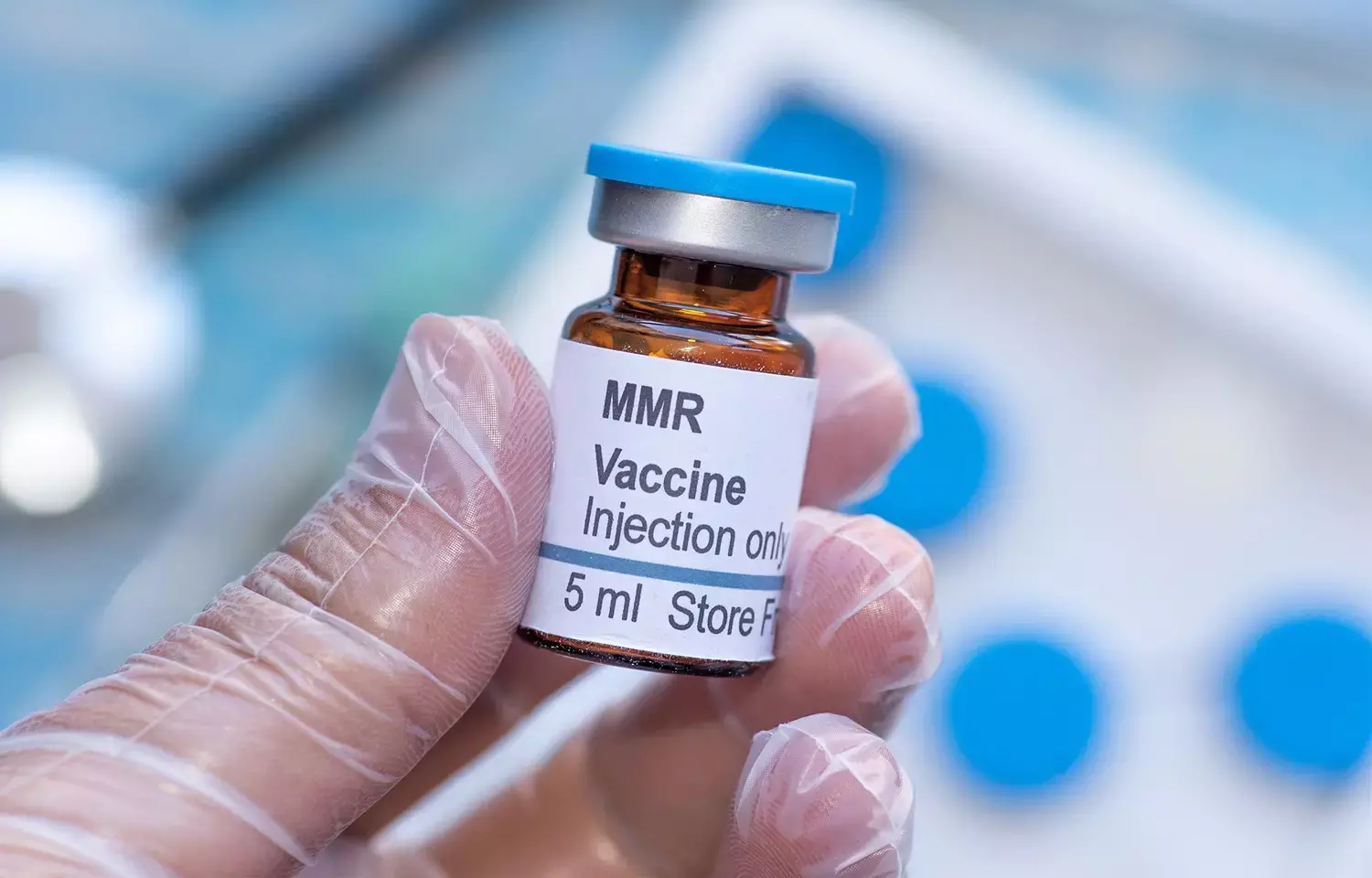- Home
- Medical news & Guidelines
- Anesthesiology
- Cardiology and CTVS
- Critical Care
- Dentistry
- Dermatology
- Diabetes and Endocrinology
- ENT
- Gastroenterology
- Medicine
- Nephrology
- Neurology
- Obstretics-Gynaecology
- Oncology
- Ophthalmology
- Orthopaedics
- Pediatrics-Neonatology
- Psychiatry
- Pulmonology
- Radiology
- Surgery
- Urology
- Laboratory Medicine
- Diet
- Nursing
- Paramedical
- Physiotherapy
- Health news
- Fact Check
- Bone Health Fact Check
- Brain Health Fact Check
- Cancer Related Fact Check
- Child Care Fact Check
- Dental and oral health fact check
- Diabetes and metabolic health fact check
- Diet and Nutrition Fact Check
- Eye and ENT Care Fact Check
- Fitness fact check
- Gut health fact check
- Heart health fact check
- Kidney health fact check
- Medical education fact check
- Men's health fact check
- Respiratory fact check
- Skin and hair care fact check
- Vaccine and Immunization fact check
- Women's health fact check
- AYUSH
- State News
- Andaman and Nicobar Islands
- Andhra Pradesh
- Arunachal Pradesh
- Assam
- Bihar
- Chandigarh
- Chattisgarh
- Dadra and Nagar Haveli
- Daman and Diu
- Delhi
- Goa
- Gujarat
- Haryana
- Himachal Pradesh
- Jammu & Kashmir
- Jharkhand
- Karnataka
- Kerala
- Ladakh
- Lakshadweep
- Madhya Pradesh
- Maharashtra
- Manipur
- Meghalaya
- Mizoram
- Nagaland
- Odisha
- Puducherry
- Punjab
- Rajasthan
- Sikkim
- Tamil Nadu
- Telangana
- Tripura
- Uttar Pradesh
- Uttrakhand
- West Bengal
- Medical Education
- Industry
MMR vaccine could protect against COVID-19, study shows

The measles-mumps-rubella (MMR) vaccine has been theorized to provide protection against COVID-19. In a new study published in mBio, an open-access journal of the American Society for Microbiology, researchers provide further proof of this by showing that mumps IgG titers, or levels of IgG antibody, are inversely correlated with severity in recovered COVID-19 patients previously vaccinated with the MMR II vaccine produced by Merck. MMR II contains the Edmonston strain of measles, the Jeryl Lynn (B-level) strain of mumps, and the Wistar RA 27/3 strain of rubella.
"We found a statistically significant inverse correlation between mumps titer levels and COVID-19 severity in people under age 42 who have had MMR II vaccinations," said lead study author Jeffrey E. Gold, president of World Organization, in Watkinsville, Georgia. "This adds to other associations demonstrating that the MMR vaccine may be protective against COVID-19. It also may explain why children have a much lower COVID-19 case rate than adults, as well as a much lower death rate. The majority of children get their first MMR vaccination around 12 to 15 months of age and a second one from 4 to 6 years of age."
In the new study, the researchers divided 80 subjects into 2 groups. The MMR II group consisted of 50 U.S. born subjects who would primarily have MMR antibodies from the MMR II vaccine. A comparison group of 30 subjects had no record of MMR II vaccinations, and would primarily have MMR antibodies from other sources, including prior measles, mumps, and/or rubella illnesses. The researchers found a significant inverse correlation (rs = -0.71, P < 0.001) between mumps titers and COVID-19 severity within the MMR II group. There were no significant correlations between mumps titers and disease severity in the comparison group, between mumps titers and age in the MMR II group, or between severity and measles or rubella titers in either group.
Within the MMR II group, mumps titers of 134 to 300 AU/ml (n=8) were only found in those who were functionally immune or asymptomatic. All with mild COVID-19 symptoms had mumps titers below 134 AU/ml (n=17). All with moderate symptoms had mumps titers below 75 AU/ml (n=11). All who had been hospitalized and required oxygen had mumps titers below 32 AU/ml (n=5). Titers were measured by Quest Diagnostics using their standard diagnostic protocol.
"This is the first immunological study to evaluate the relationship between the MMR II vaccine and COVID-19. The statistically significant inverse correlation between mumps titers and COVID-19 indicates that there is a relationship involved that warrants further investigation," said coauthor David J. Hurley, PhD, professor and molecular microbiologist at the University of Georgia. "The MMR II vaccine is considered a safe vaccine with very few side effects. If it has the ultimate benefit of preventing infection from COVID-19, preventing the spread of COVID-19, reducing the severity of it, or a combination of any or all of those, it is a very high reward low risk ratio intervention. Maximum seropositivity is achieved through two vaccinations at least 28 days apart. Based upon our study, it would be prudent to vaccinate those over 40 regardless of whether or not they already have high serum MMR titers."
Hina Zahid Joined Medical Dialogue in 2017 with a passion to work as a Reporter. She coordinates with various national and international journals and association and covers all the stories related to Medical guidelines, Medical Journals, rare medical surgeries as well as all the updates in the medical field. Email: editorial@medicaldialogues.in. Contact no. 011-43720751
Dr Kamal Kant Kohli-MBBS, DTCD- a chest specialist with more than 30 years of practice and a flair for writing clinical articles, Dr Kamal Kant Kohli joined Medical Dialogues as a Chief Editor of Medical News. Besides writing articles, as an editor, he proofreads and verifies all the medical content published on Medical Dialogues including those coming from journals, studies,medical conferences,guidelines etc. Email: drkohli@medicaldialogues.in. Contact no. 011-43720751


